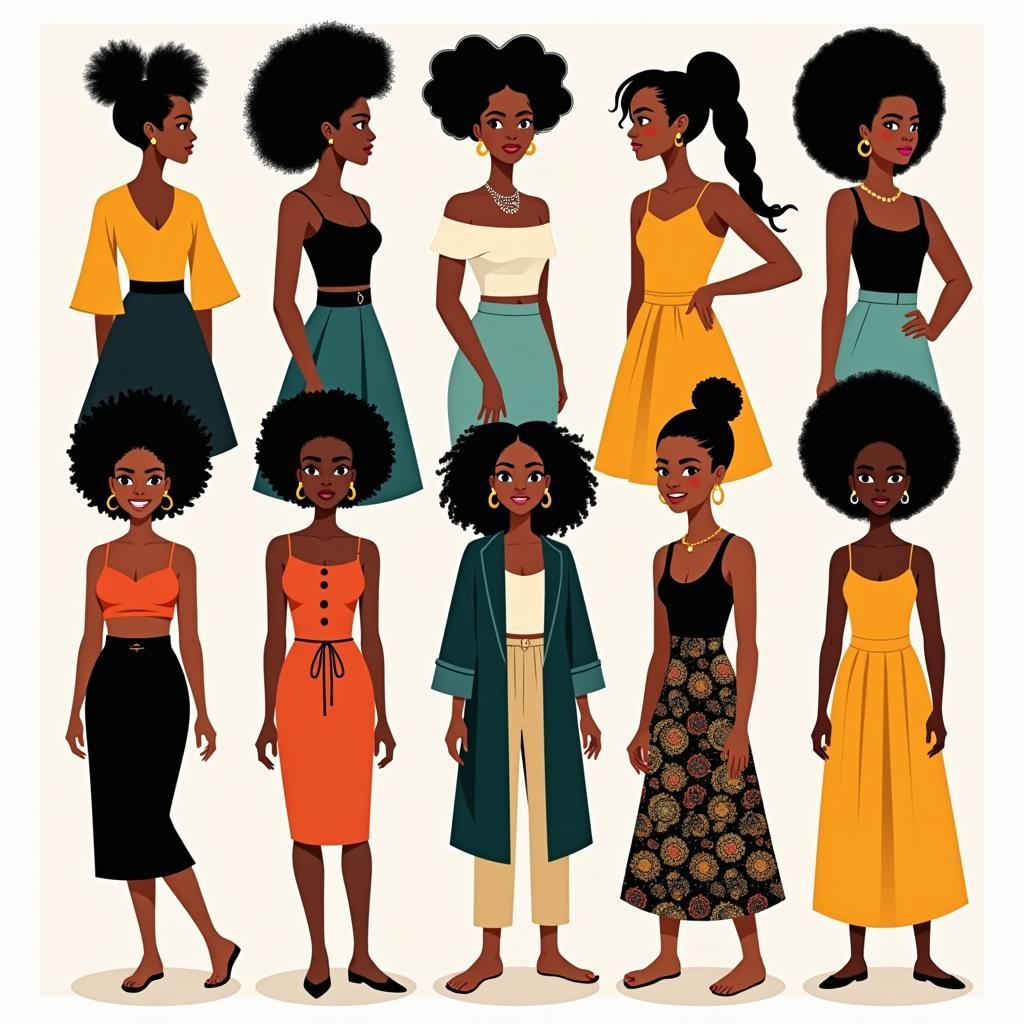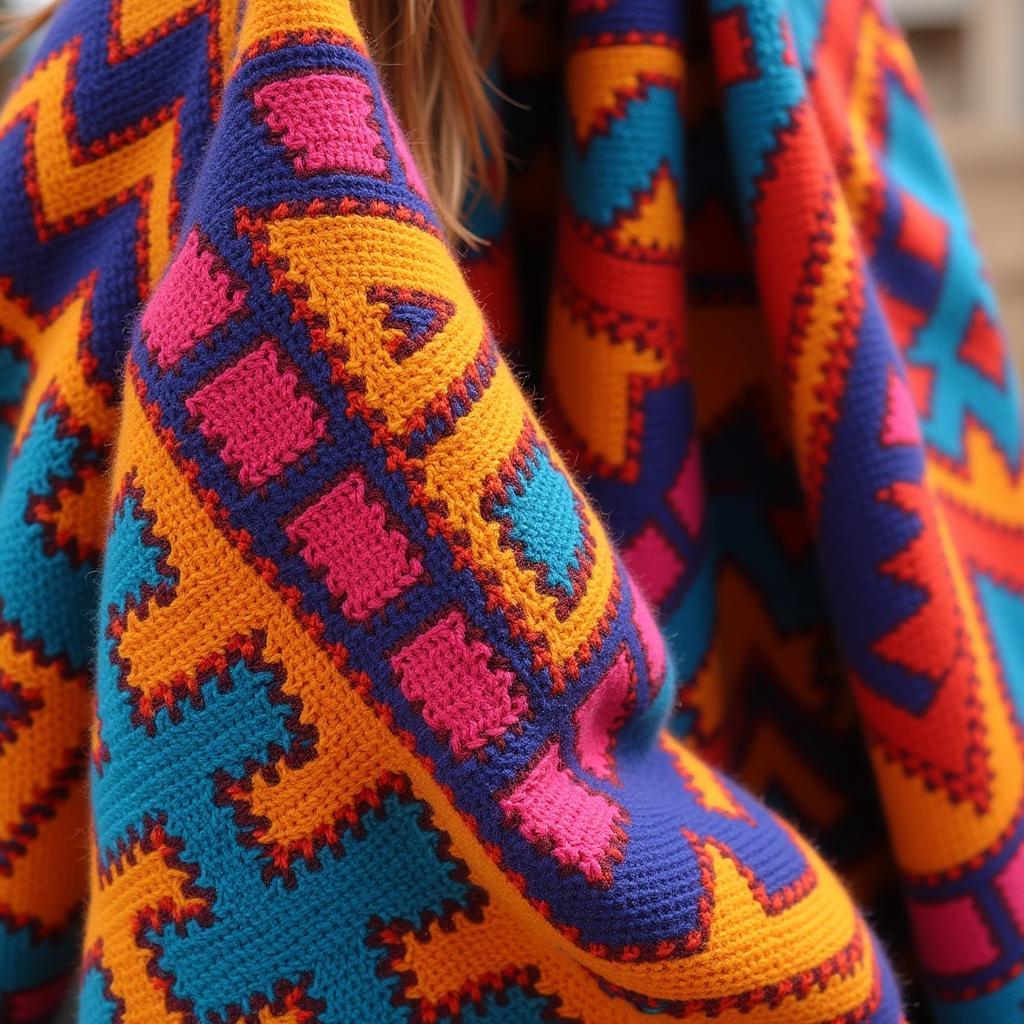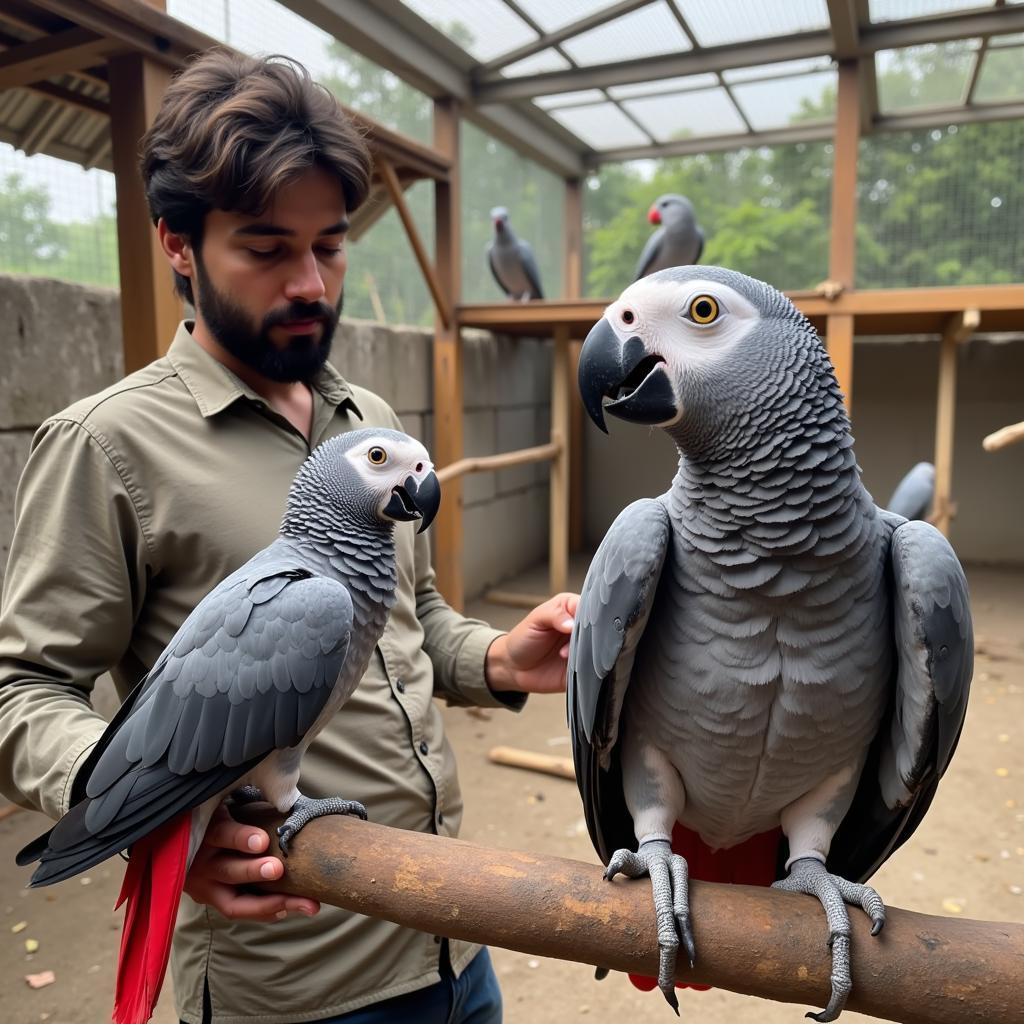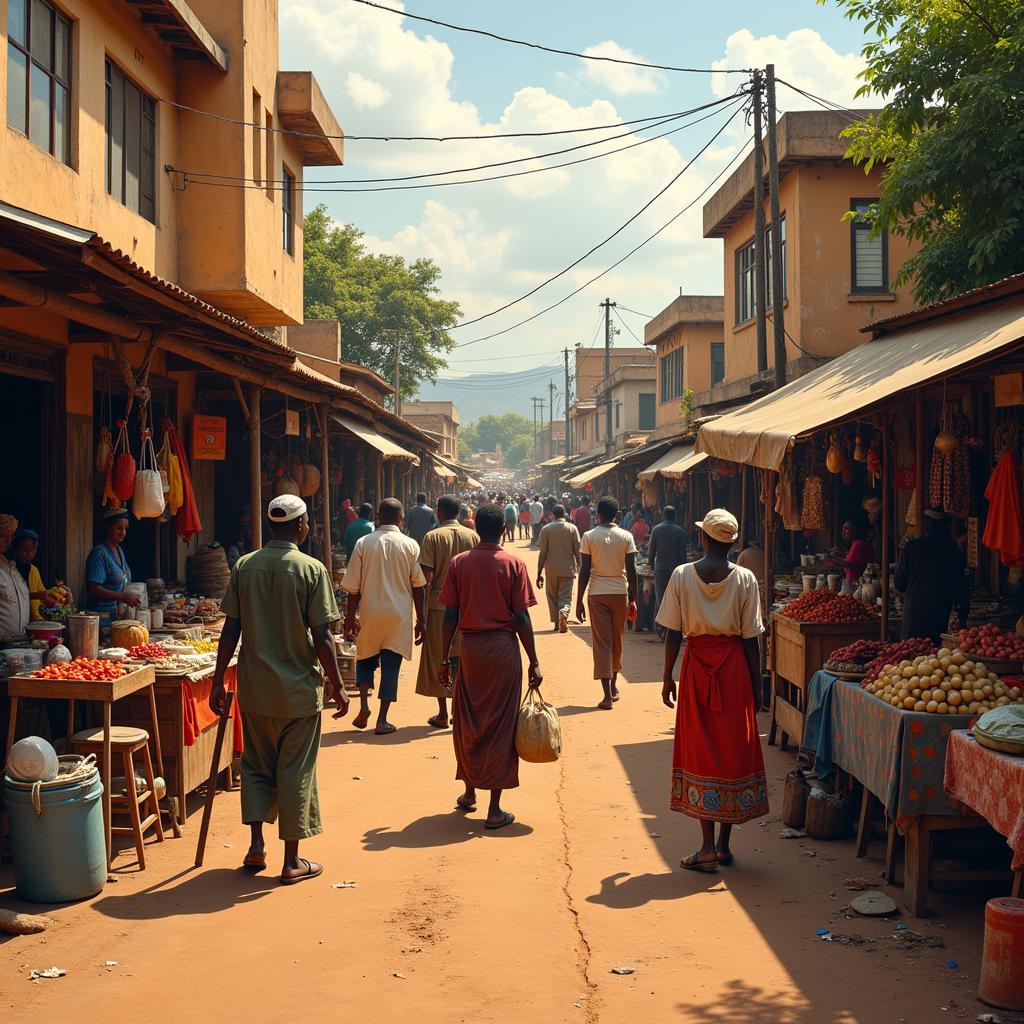Unraveling the Myth of “African Cheap Ladies”
The search term “African cheap ladies” is a deeply problematic phrase that reflects harmful stereotypes and objectifies African women. It’s crucial to understand that this phrase is rooted in a colonial past that often portrayed African people, and women in particular, as commodities to be exploited. This article aims to dismantle these harmful misconceptions and provide a respectful understanding of the diverse cultures and realities of women in Africa.
The Dangers of Stereotyping and Objectification
The language we use matters. When terms like “cheap” are used in conjunction with any group of people, it reduces them to mere objects with a price tag, stripping them of their individuality, agency, and dignity. African women, like women everywhere, are not a monolith. They are mothers, daughters, sisters, entrepreneurs, artists, leaders, and so much more. To reduce them to a single, demeaning characteristic is not only inaccurate but also perpetuates harmful narratives that have real-world consequences.
Understanding the Complex Realities of Women in Africa
Africa is a vast continent with 54 countries, each with its own unique history, culture, and social fabric. To speak of “African women” as a singular entity is to erase the incredible diversity and richness of their experiences. Within each country, women navigate a range of social, economic, and political landscapes. Generalizations about their lives fail to acknowledge the diversity of their realities and the challenges they face, which are often shaped by factors such as colonialism, poverty, and limited access to education and healthcare.
Challenging the Narrative
It’s imperative to challenge the objectification and hypersexualization of African women perpetuated by phrases like “African cheap ladies.” These harmful stereotypes contribute to a culture of disrespect and can even fuel violence and exploitation.
Promoting Respect and Understanding
Instead of perpetuating harmful stereotypes, let’s focus on celebrating the achievements of African women, amplifying their voices, and supporting their efforts to create a more just and equitable world. We can do this by:
- Educating ourselves: Learn about the diverse cultures, histories, and realities of different African countries.
- Supporting African women-led organizations: Many organizations are doing incredible work to empower women and girls across the continent.
- Challenging harmful language: Speak out against stereotypes and objectification whenever you encounter them.
- Amplifying African women’s voices: Share stories, articles, and artwork created by African women.
Remember, understanding and respect are crucial steps in dismantling harmful narratives and appreciating the full spectrum of human experience. Let’s work together to create a world where all women are valued for their individuality, strength, and contributions to society.




